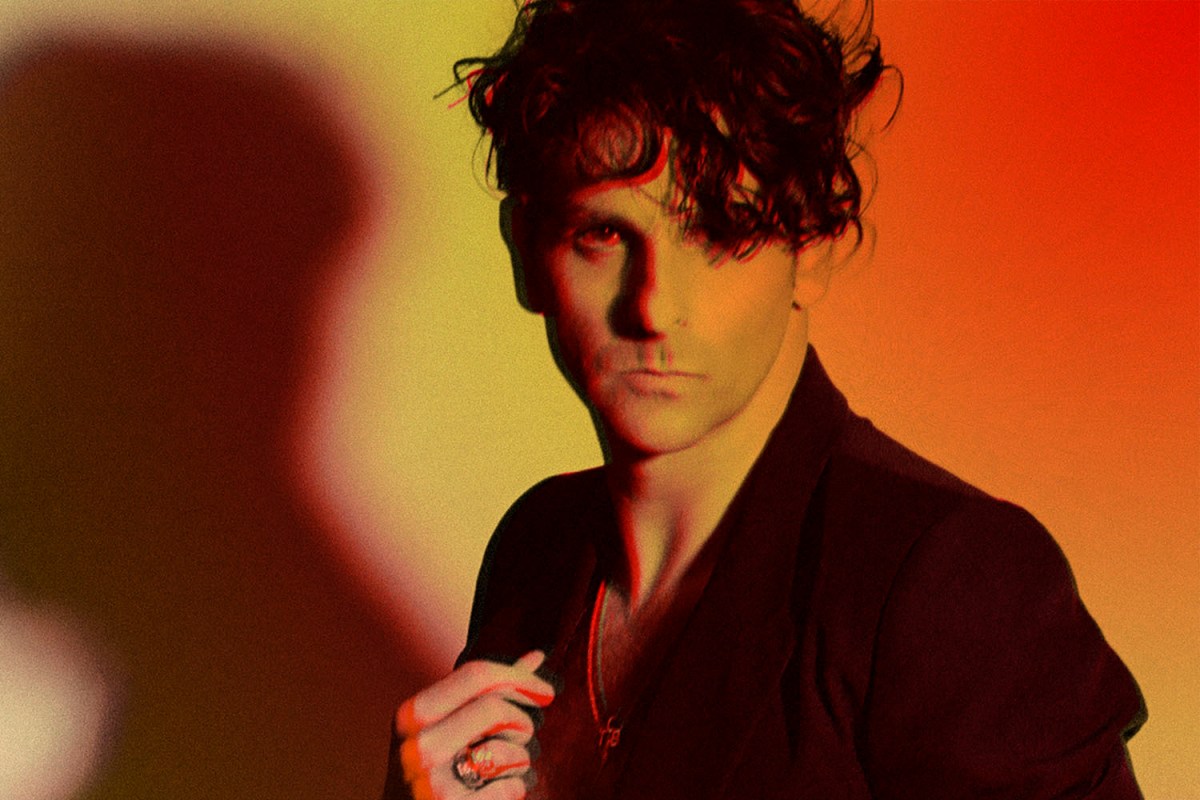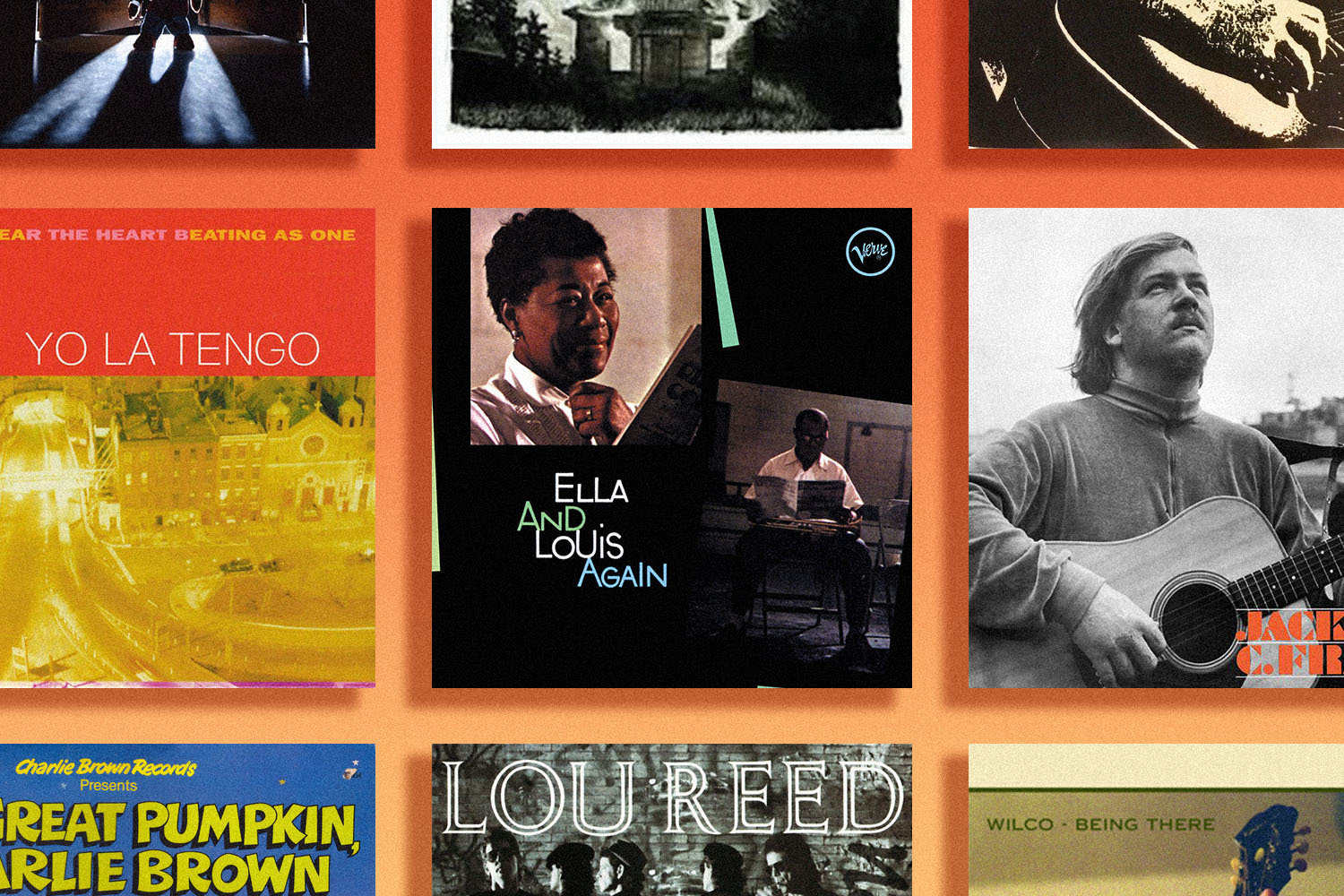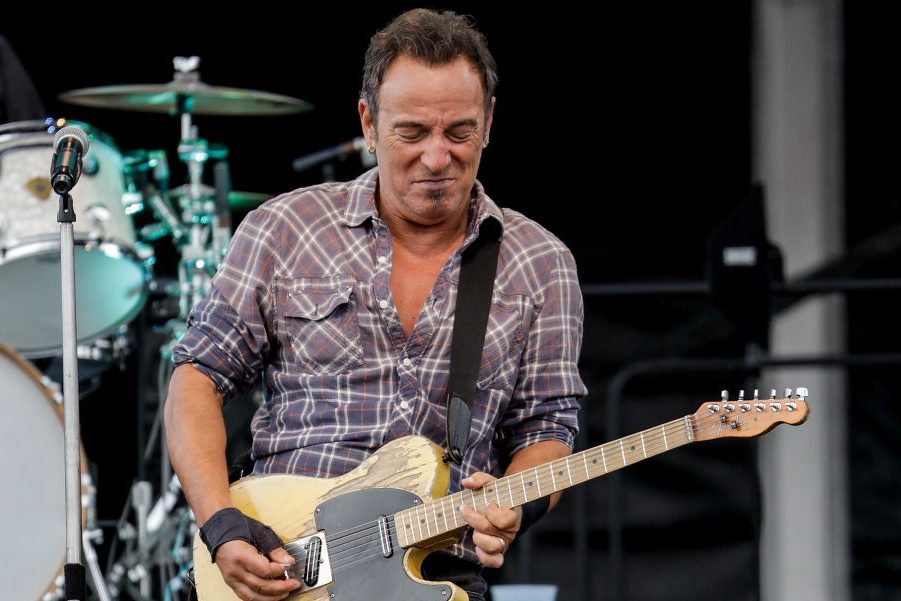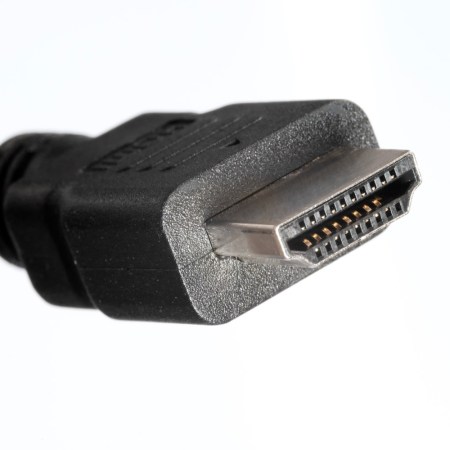These days, our private lives — the versions of ourselves we keep behind closed doors, reserved for only a select few — have taken over and become our lives in toto, many of us quarantined at home due to the pandemic for over seven months now, perhaps drinking alone just a little too frequently or going pantsless on Zoom calls. Given that context, there couldn’t be a better time for Low Cut Connie’s Adam Weiner to release the double-LP Private Lives, the band’s sixth studio album. But as Weiner is quick to point out, the added weight these songs carry is pure coincidence.
“These things definitely have taken on a deeper resonance with all the things that have gone on this year,” he tells InsideHook. “But I think if you’re just looking at the human condition and eternal truths, the broken clock is going to be right once a day, you know?”
In a lot of ways, it makes sense that the Philadelphia piano-rock band whose sweaty live shows have become the stuff of legend — earning praise from the likes of Barack Obama, Elton John and Bruce Springsteen — would be releasing its biggest, most ambitious album yet this year. The tracks on Private Lives date back to 2016, and Weiner says he recorded 40 songs when working on the record before beginning the long, arduous process of whittling them down to the 17 that made the final cut.
“Last year, as I was coming out of a fog with a lot of things that had gone on in life and in the band, I took a minute and just focused my eyes finally, and it seemed very, very clear to me what the songs were that needed to be on the record,” he explains. “And I had just finished ‘Look What They Did’ and ‘Private Lives’ and a song called ‘Now You Know’ that were kind of late additions to it, and they cinched it all together. It gave the whole thing a lot of purpose, and I felt like all these character studies, 17 mini-movies, fit with each other. And I could picture very clearly the people in the songs, lined up in a row, and they all went together … And it’s funny because Will, my guitar player and co-conspirator, he’s been with me the whole way through this record, and there’s things that we’ve done and that I’ve recorded on this that I didn’t even remember doing, and I couldn’t remember who played what and which lyrics I used. When we had to sit down and do the credits for this, that took a long time of excavating everything.”
And while Private Lives is primarily full of character studies — tales of those people Weiner could see lined up in a row — it also tackles broader issues, as on “Look What They Did,” an ode to Atlantic City. Weiner spent every summer there as a boy, and the song makes reference to the devastation wrought on the city by Donald Trump, the erstwhile real-estate mogul who bankrupted his casinos there and then skipped out on bills from local contractors.
“It’s angered me over the years, the level of corruption and bad faith that has kept the citizens of Atlantic City from living healthy lives, from escaping the poverty and the violence and the blight that surrounds the city,” Weiner says. “It oftentimes seems to be getting worse, not better. And when Trump was running for president, those of us around this area, we couldn’t wrap our heads around it. I certainly couldn’t. Because we all felt like we had his number already. We’d already seen what he’d done in Atlantic City.”
But despite the overt Trump references, Weiner doesn’t see “Look What They Did” as simply a protest song.
“There’s this monstrosity on the boardwalk, the Trump Plaza, that’s just been sitting there with literally pieces of the building falling off,” he says. “Actually, since I put the song out and the video, the new mayor here in Atlantic city just announced, they’re going to tear it down. But all of that was on my mind, because I’m always thinking about how do people live in America? What are people’s lives like? What do they do to get by? And ‘Look What They Did,’ certainly because currently Trump is the president, will be taken as a political song, but to me it’s really a character study, and it’s just about people and how they live. And eventually, knock on wood, Trump will no longer be president, and there’ll be a different governor of the state and a different mayor, but will the people and the citizens of the city have their circumstances change?”
The song’s video also features images from Ferguson, Missouri, during the Michael Brown protests and Puerto Rico in the wake of Hurricane Maria to make its message more universal. “I tried to zoom out a bit with the song and the video, to show that this is about Atlantic City, but it’s also about America,” Weiner says. “There are people in this country from different backgrounds who get the short end of the stick in our society. And I simply wonder, through the voice of this character in the song, will that ever actually change?”
While this year has felt like a universal short end of the stick due to the COVID-19 pandemic, Weiner has been a rare bright spot during these trying times thanks to his popular livestream series Tough Cookies, where he’s performed religiously every Thursday and Saturday at 6 p.m. EST on Facebook and Instagram, replicating the high-energy banter of his live sets and racking up hundreds of thousands of views from across the globe.
“I wish I could tell you there was some master plan, but there certainly wasn’t,” he says of the livestream’s genesis. “It was all an accident. And I never intended to have it be a series. I never intended that it would be called Tough Cookies. It just happened. It’s quaint. I think it’s kind of cute to go back to March and think that when we were 10 days into quarantining, that people were in this place of, ‘I can’t take this anymore.’ That we then did it for another six months and we will continue to do so. And there are changes that are clearly going to be semi-permanent in our culture. But there we were, a week into quarantining, and people were losing their minds. And I was one of them.”
“We had all of our shows canceled, and I was just laying on the couch, depressed,” he continues. “And I was thinking, ‘I just need to perform. I need to do something.’ And a lot of our fans were sending messages like, ‘Please, send us a message or do something from home or something.’ So Will and I got together and we did this thing called ‘Live From South Philly,’ and we said, ‘We’ll do three performances.’ And we had absolutely no plan. We didn’t rehearse. There was no set list. We just turned the cell phones on and went live on that first Thursday. And thousands of people tuned in, and it was shocking. I didn’t know if people were enjoying it. I didn’t know how many people there were, but what I know is that we did an hour, and at the end of the hour, I’m laying on the floor in my underwear, covered in sweat. And first of all, ‘What have I done? What have I done? How did I get to this?’ And then I was like, ‘Did they like it? Were there people?’ And we sat there and we read through thousands of comments. We were just sitting there crying together because people were like, ‘I lost my job this week. I lost my friend this week. This just made me feel alive for the first time in a while. Please keep this up.’”
Weiner was overwhelmed by the response to the livestream, and he immediately vowed to keep it going for the remainder of the pandemic — no matter how long that may be — and beyond.
“I gathered my team and I said, ‘I have to keep this going. I can’t stop. This is really providing people with some kind of release that I feel like is important,’” he says. “And it’s the rarest thing, as a performer, to feel like you’re ever doing anything that’s worthwhile or important. And I’ve never felt stronger about what I’m doing.”
While Tough Cookies started out as a means of escape, Weiner shifted focus to confront issues head-on this summer after the murder of George Floyd.
“We changed the purpose of the show at that moment,” he says. “It switched from survival, escape from the stresses of COVID era, to ‘Let’s actually get activated. Let’s talk about issues. Let’s talk about what we can do to make things better.’ And I started having these Zoom conversations with Black friends of mine in the first couple of weeks — Big Freedia, Patty Jackson, Tank from Tank and the Bangas — and having these conversations about, what is going on in the music business? What is going on in America? What is going on in the world? How can art be a way forward? And those conversations developed this whole other wing of Tough Cookies, and that aspect of things has really taken off now.”
These days, he’s doing one or two interviews a week with everyone from Darlene Love and Dion to Chuck Prophet and Nils Lofgren. “I feel like this is my job now, and I feel like Tough Cookies is an extension of Private Lives,” he says. “It’s a live performance that’s reflecting people’s experience, what it’s like to live right now. We don’t duck and hide from what’s going on. We take it head on. It’s not escapist entertainment. It’s like, ‘Let’s talk about what’s actually going on in the world, right? Who died? What are the issues? What do we need to be doing? How are we feeling? And what can we do to make each other feel better?’ And I do think that that is just simply an extension of the record.”
But while many artists may see livestream performances as a stopgap to tide them over until they can safely return to playing live gigs, Weiner is convinced it’s the way of the future — high praise from a performer whose live show is his bread-and-butter.
“I can’t wait to tour again,” he clarifies. “It’s my favorite thing in the world. But I think that what I’m doing right now is the future of live entertainment. I say that on the show, and it sounds like a joke, but it’s not. I’m reaching people in 40 countries. When’s the next time I would be able to perform in Lebanon? When’s the next time I’d be able to perform in Ecuador? I don’t know if I ever will, but we have regular viewers from those places, and they are interacting in the comments and in our fan group. They’re interacting with all the Tough Cookie pals in America and England and Ireland and Australia. And it’s very connective. So I love this medium. I’m learning as I go, how it can be used better. It’s hard because you can’t hear people applaud and scream and you can’t hug people or mess with their hair. But that doesn’t mean we can’t do an awesome live performance that’s inspiring, that makes people feel great. And so I’m committed to doing that, whether it’s on stage in a club or a festival, or on a live stream from my bedroom.”
That sense of connection to strangers is beautiful under normal circumstances, but in dark times like these when we’re all stressed and sad and isolated, it’s absolutely essential. It’s a sentiment that Weiner chose to close Private Lives with on “Stay As Long As You Like” — a reminder that the way to get through this is by sticking together.
“It just seemed like the way to go out,” Weiner says. “We can’t ignore that there’s darkness and violence around us, and we can’t pretend that it’s going to go away. We don’t know what tomorrow will bring. And so I say in the song, ‘I feel it coming, bad news down the line. I hear you laughing, laughing just to keep from crying.’ And then in the second verse, I say, ‘Take off your makeup. You can have a good cry. There’s going to be a shakeup. It might be hard to survive.’ We don’t know what’s going to happen. As Prince said, we could all die any day, and we need to make something of the moment that we have in front of us, which is the now. And so I wanted people to feel love and beauty right in front of their face, right there wrapped around them in this moment, right in this moment that we have now, because we don’t know what tomorrow is.”
This article was featured in the InsideHook newsletter. Sign up now.


















![[L-R] Bill Berry, Michael Stipe, Mike Mills and Peter Buck of R.E.M. at the Aragon Ballroom in Chicago, Illinois on July 7, 1984.](https://www.insidehook.com/wp-content/uploads/2024/12/rem-book-interview.jpg?resize=750%2C750)




